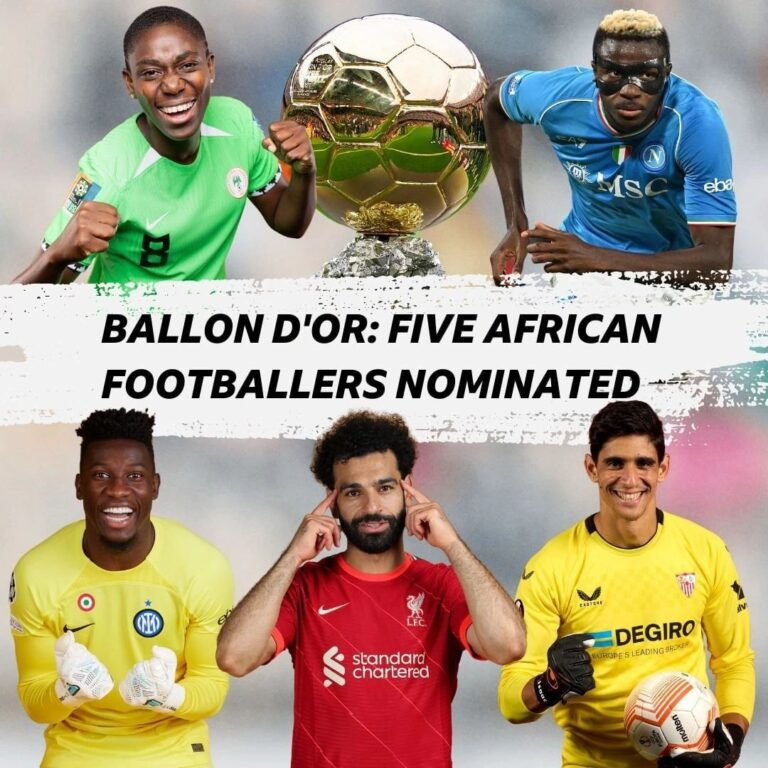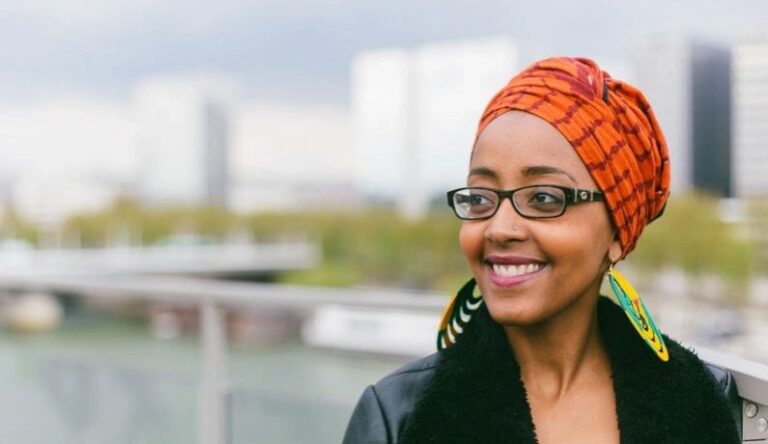Advice on raising Bilingual children

Recently, I got the below message from a Dad who wanted advice on how I balanced teaching my kids English and Yoruba.
Hello! I’ve just come across your channel on YouTube and all I have to say is, wow! What a great and useful work you’re doing. The videos are very well-done. I’m writing you from the Republic of Benin, where Yorùbá is widely spoken as well. I have been exposing my 15 month old daughter to your content little by little. It is even helping me as well, as I am of a Canadian/Caribbean background and have been retracing my Yorùbá roots here in Benin. I had a quick question for you. I was wondering how you went about balancing teaching your daughter English and Yorùbá? Any advice would be appreciated. Thank you so much for your efforts. Take care!
Aaron JR
I thought it would be interesting to get other people’s perspective as I had written some tips before on teaching kids Yoruba. I put out a message on social media asking people to share their thoughts and I was so pleased when I received the below messages.
“You’re doing well, my sister. More power to you. For the person who asked, my current suggestion is to simply speak both. Bombard the baby with as much of both languages as possible. These babies’ brains can pick up languages and properly cluster them so don’t be scared to teach them multiple languages simultaneously. If you can use each language on alternating days, go ahead. If you can use each language for certain functions, go ahead. Sometimes also, if there are enough accessible people, each person talking to the child may strictly use his/her desired language only for communication.”
Oluwadamilola
“First of all, I would like to commend your efforts and the great work you are doing through Culture Tree TV. Your passion for the work comes through beautifully. I imagine how much work you have to do to produce such high quality videos. This is to let you know there are many people like me who really appreciate what you are doing. Well done and please keep up the good work!
Secondly, I am responding to a message sent to you by a mum asking for ideas on how to effectively teach her 15 month old both English and Yoruba. I would like to share my experience.
I am a mum to 3 year old twins. They were born in the UK and have only visited Nigeria once. They speak Yoruba fluently! In fact, they currently speak more Yoruba than English.
A major factor in teaching language effectively is the PASSION of the parent. We cannot give what we do not have. Children will naturally pick up on the level of passion/interest that they see in their parents. For language teaching to be effective, it should be part of our everyday lives, not just at set periods of learning. From when they wake up till when they sleep, children should be surrounded by the language we want them to learn. I mean morning prayers, bathtime, breakfast, lunch, dinner, asking about their day, telling them stories, choice of music, dressing etc…the more we communicate with them in that language, they more they are being exposed to it; the more they learn and the more they speak.
CONSISTENCY is another key factor. We send confusing messages to our kids when we, as parents, constantly switch between languages, especially in the early/formative years (under age 5). The kids become unsure of which language dominates at home and eventually settle for the language that is popular with their peers. I have observed that generally, grandparents seem to be able to teach native language effectively. How? they just continue speaking that language to the child, day in day out. They are not bothered about the child responding or not. It works, because the child is learning by “receptive listening”. One day, the child suddenly says a word out of the blues (or so it seems). Gradually, the child starts speaking more and more words until they speak fluently.
Let us also add FUN to the list. This is why I love the variety on Culture Tree TV. There are rhymes, stories, and different learning activities to choose from…if my son’s interest is music, I would introduce variety of songs or different styles of music in the language I want him/her to learn. If my daughter loves reading, I would buy her books in that language. In other words, I would stimulate their interest in the language I want them to learn through what they are already passionate about.
I have realised that when a child is well grounded in their mother tongue, it becomes easier for them to learn other languages. As parents, I think we underestimate the innate ability that children have to interprete languages. I do not teach my kids English. They pick it up naturally from the environment. I see them switch conveniently between English and Yoruba when they need to. However they know the language spoken at home is Yoruba.
I hope this helps and I wish us all the best as we teach our children.”
Cheers, Ololade
Thank you Oluwadamilola and Ololade for your candid advice.
I hope it is helpful to Aaron and anyone else on the journey to raising bilingual kids!






